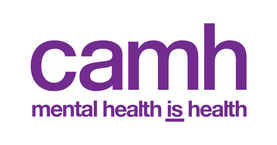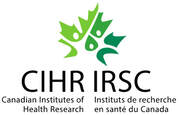Given that the majority of lifetime mental illnesses have first onset in youth-aged individuals (14-25 years), many young people first access mental health and substance use services within the youth-oriented care system. However, many still require ongoing care into adulthood. The transition from youth-oriented to adult-oriented mental health care can come with many complexities and challenges, including a lack of care continuity and coordination. Programs, systems and organizations want to be responsive to implementing best practices, and resources currently exist to aid in this implementation. However, consolidation of these resources, and creation and dissemination of tools for how to adapt and implement them for different community contexts is required. As such, these transitions have been identified as a research priority in Canada with a critical need for partnerships between all types of experts in youth-to-adult mental health care transitions.
Our Study
Our team has worked to develop standards to guide successful youth-to-adult mental health care transitions. These standards have been established through extensive knowledge synthesis and with the use of co-design strategies including all types of subject-matter experts (youth, caregivers, service providers, administrators), and have been summarized into a transition toolkit. The goal of this study is to improve the uptake of these standards into practice nation-wide through engagement and co-design with knowledge users from diverse communities across Canada.
Community consultations will be conducted across Canada to engage in active conversations with a range of key experts including youth, family members/caregivers, service providers/clinicians and decision makers regarding mental health care transition experiences within each community. Following consultations, youth participants in each community with lived experience in youth-to-adult mental health care transitions will collect qualitative data using the Photovoice technique, which will allow them to relay their unique perspectives surrounding facilitators and barriers to transitions using photographs and journal entries. Finally, implementation workshops will be conducted to implement the transition toolkit across the various communities in ways that are relevant and conducive to each setting, followed by post-event evaluation to ensure ongoing engagement with the experts involved.
Community consultations will be conducted across Canada to engage in active conversations with a range of key experts including youth, family members/caregivers, service providers/clinicians and decision makers regarding mental health care transition experiences within each community. Following consultations, youth participants in each community with lived experience in youth-to-adult mental health care transitions will collect qualitative data using the Photovoice technique, which will allow them to relay their unique perspectives surrounding facilitators and barriers to transitions using photographs and journal entries. Finally, implementation workshops will be conducted to implement the transition toolkit across the various communities in ways that are relevant and conducive to each setting, followed by post-event evaluation to ensure ongoing engagement with the experts involved.
Learn more about the transition toolkit.



